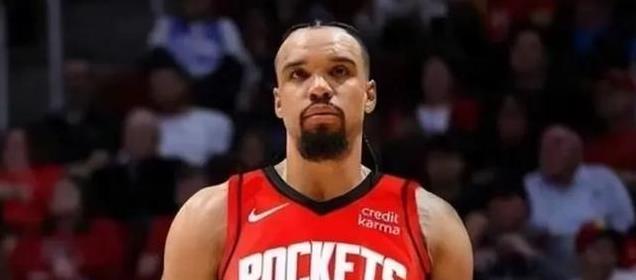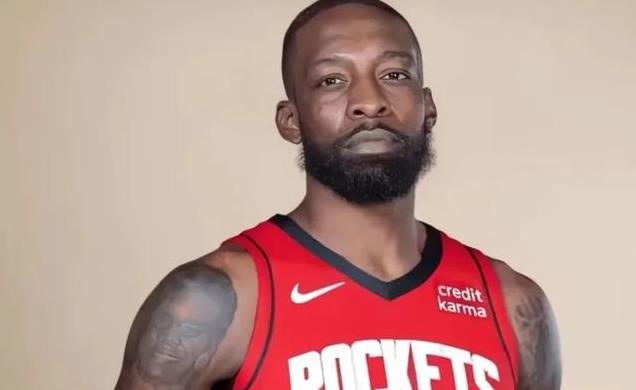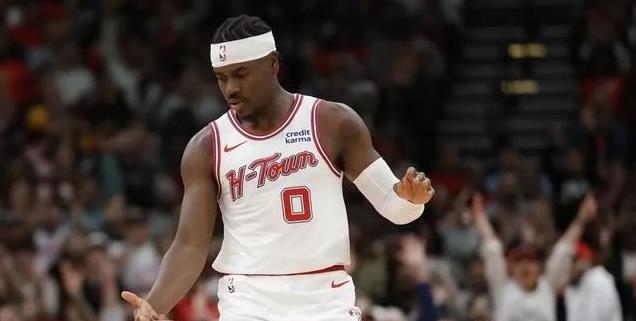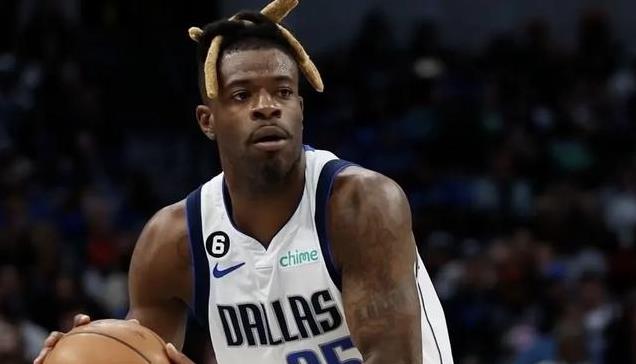Translation of the article content into English:
This season, the Rockets have played 57 games with a record of 25 wins and 32 losses, ranking 12th in the Western Conference. Looking at their win rate and ranking, it is a significant improvement compared to last season. However, during the offseason, the team used up over $60 million in salary space, aiming to make a strong push for the playoffs. Unfortunately, based on the current situation, they have not been able to meet expectations.
During the offseason, the Rockets hired Udoka as their head coach, who then signed players according to his preferences, with almost every signing exceeding market prices. Now, considering their performance and contributions to the team, are these signings worth it?
Fred VanVleet: 3 years, $128.5 million, with a 15% trade kicker

This season, he averages 16.4 points, 3.8 rebounds, 8.1 assists, and 1.1 steals per game, with a shooting percentage of 40.9%, a three-point percentage of 37.5%, an effective field goal percentage of 51.8%, and a true shooting percentage of 55.8%.
The Rockets' decision to sign VanVleet was out of necessity, as there were not many quality point guards available in the market. Morey had already damaged the team's reputation during his tenure with the Rockets, and without star power to attract big-name players, no top-tier athletes were interested in joining. VanVleet's market value was around 30millionannually,buttheRocketsofferedhim10 million more than the market price, with Udoka being the key factor.
VanVleet, an undrafted player, joined the league with the Raptors and was one of the key contributors to their championship run. He can be a reliable sidekick to a superstar but cannot lead a team himself. Throughout his career, his shooting percentages have been low, and this season's scoring average is the lowest in the past five seasons.
Upon taking office, Udoka's first move was to request the team to sign VanVleet. The Rockets had a chance to reunite with Harden, but Udoka preferred VanVleet. Since the start of this season, VanVleet has struggled with his shooting accuracy and cannot mentor young players. On the court, he lacks the creative passing that inspires teammates and often forces himself to take over games in the final moments, with poor results.

With Thompson's growth and VanVleet's half-court style of play, it has also somewhat hindered the development of younger players. This overpriced contract, including a trade kicker, will likely be challenging to deal with.
Dillon Brooks: 4 years, $90 million
This season, he averages 13.8 points, 3.5 rebounds, and 1.6 assists per game, with a shooting percentage of 44.3%, a three-point percentage of 39.4%, an effective field goal percentage of 53.3%, and a true shooting percentage of 56.9%.
Brooks' scoring average has also hit a new low over the past five years. In Memphis, he was positioned as a defender, but due to his defensive actions and outspoken nature, the Grizzlies faced criticism, and Brooks took the blame. During the offseason, the Rockets offered him a lucrative contract, which he did not hesitate to accept. This deal was approximately 2millionhigherthanhismarketvalueof70 million over four years.

This season with the Rockets, Brooks' defense has not been as strong as it was with the Grizzlies, possibly because he has shifted more focus to offense. The Rockets have several talented forwards like Ison, Tate, and Whitmore, and Brooks' addition has limited their playing opportunities. Functionally, Brooks is somewhat wasted on the Rockets; he would be better suited for teams with championship aspirations. Compared to VanVleet, Brooks' contract is not excessively overpriced, and if the Rockets want to trade him, multiple teams would likely be interested in acquiring him.
Jock Landale: 4 years, $32 million
This season, he averages 2.3 points and 2.3 rebounds per game, with a shooting percentage of 38.6%, a three-point percentage of 11.1%, an effective field goal percentage of 40%, and a true shooting percentage of 44.5%.
Udoka's intention in acquiring Landale was clear: to serve as a backup for Shen Jing. However, this player, who performed well last season, has seen a rapid decline in form this year. As a 2.10-meter tall center, his shooting percentages are abysmal, making him virtually insignificant to the team. Before the mid-season trade deadline, the team tried to trade him but was unsuccessful.

After just a few games at the start of the season, Landale became one of the team's most peripheral players, and his contract has become a dead weight. Fortunately, although Stone gave Landale a contract above market value, only the first year is guaranteed. Undoubtedly, he will be released by the team at the end of the season.
Jeff Green: 2 years, $16 million
This season, he averages 6.3 points and 2.2 rebounds per game, with a shooting percentage of 47.6%, a three-point percentage of 30.9%, an effective field goal percentage of 53.1%, and a true shooting percentage of 60.6%.
As a 37-year-old veteran forward, Jeff Green has delivered what the team expected of him. Even after Landale proved incapable of fulfilling the role of backup center, Jeff Green stepped up to the five spot and performed admirably. When the Rockets signed Jeff Green, they probably only intended for him to be a locker room leader, but he unexpectedly became an important part of the regular rotation.

Of course, we cannot expect too much from Jeff Green. Even if his on-court performance is average, he can still use his veteran experience to help the growth of younger players.
Jrue Holiday: 1-year, $2.01 million minimum contract
This season, he averages 7 points, 1.8 rebounds, and 1.9 assists per game, with a shooting percentage of 45.6%, a three-point percentage of 40.6%, an effective field goal percentage of 56.6%, and a true shooting percentage of 59.4%.
There is not much to say about Holiday. He is on a minimum contract but has become an essential member of the bench. During the offseason, Holiday went unsigned in the market, but the Rockets picked him up. His performance has justified his contract. However, with many young players on the team needing development, Holiday's presence has somewhat limited their opportunities. Additionally, Udoka's preference for using a dual-small lineup has made some fans dislike Holiday. Objectively speaking, Holiday is the standout performer among Stone's six signings.

Bruce Brown: 1 year, $3.2 million
This season, he averages 2.6 points and 1.4 rebounds per game, with a shooting percentage of 42%, a three-point percentage of 41%, an effective field goal percentage of 58%, and a true shooting percentage of 58.5%.
As a veteran, Brown's role is defense and three-point shooting. However, since joining the Rockets, he has failed to demonstrate his strengths. Not long after the season began, he was relegated to the bench and is now a marginal player on the team.
From the above, it is evident how poor Udoka's judgment is in selecting players. The team has selected players based on his preferences, not only exhausting their salary cap space but also failing to deliver high-quality performances from the players he values. It is hoped that in the future, Udoka will not be overly involved in the team's recruitment efforts and focus on his duties as head coach.